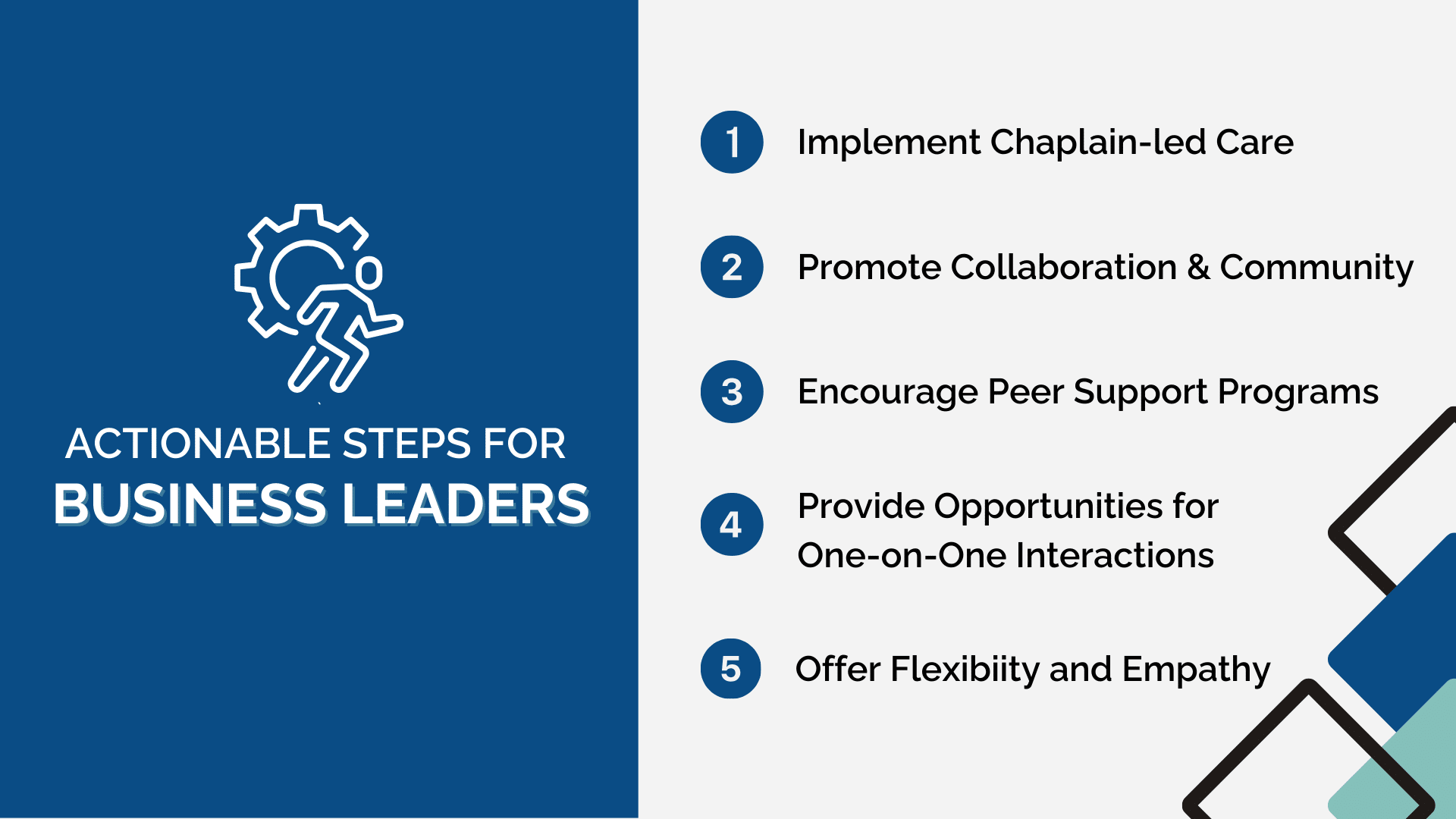The Quiet Crisis: How Workplace Loneliness Impacts Retention, Engagement, and Burnout
Effective Strategies to Build a Thriving, Connected Workplace
Imagine walking into an office every day feeling invisible. For many employees, this is their reality – and it’s costing businesses more than they realize. Loneliness in the workplace is not just a personal challenge; it’s a pervasive issue that significantly impacts employee retention, engagement, burnout, and overall workplace wellness.
According to HubSpot’s article “Workplace Loneliness Isn’t Getting Better [New Data]” published on November 11, 2024, 57% of employees reported that loneliness reduced their engagement, while 45% said it contributed to burnout. Additionally, loneliness has led 43% of employees to consider quitting their jobs, decreased job satisfaction for 28%, and left 24% feeling disconnected from their team. These figures underscore that loneliness doesn’t just affect employees personally –it has far-reaching consequences for businesses, impacting organizational culture and performance.”

These figures underscore the urgent need for organizations to address workplace loneliness not just for the sake of individual well-being, but also to promote a more engaged, productive, and loyal workforce. Integrating support systems, such as corporate chaplaincy programs, can play a pivotal role in reducing isolation and mitigating the risk of burnout, leading to better retention and higher engagement levels.
Loneliness in the workplace doesn’t only affect productivity—it also has a profound impact on job satisfaction. When employees feel isolated, they are less likely to feel connected to their work, their colleagues, or the company’s mission. This disconnect can lead to disengagement, a lack of enthusiasm for job responsibilities, and ultimately, a decrease in job satisfaction. The effects on retention are also significant. Employees who feel lonely are more likely to seek other opportunities where they feel they might be valued and connected.
For businesses, this constant turnover incurs direct costs, such as recruitment, onboarding, and training, but also hidden costs, such as reduced team morale and loss of institutional knowledge. By addressing loneliness through compassionate care services like chaplaincy programs, companies can help retain their talent and nurture a more committed workforce.
The Ripple Effects of Isolation on Team Collaboration
Team dynamics are another area where workplace loneliness has a hidden yet critical impact. In team settings, collaboration and innovation thrive when employees feel connected, supported, and safe to share their ideas. However, lonely employees may feel hesitant to contribute in group discussions, potentially due to a lack of trust or fear of rejection. This silence stifles innovation and can create a sense of stagnation within teams.
Moreover, isolation can lead to poor communication, which affects team cohesion. When employees do not feel part of a community, they may be less inclined to seek feedback or offer assistance to others. Over time, this lack of communication can result in misunderstandings, inefficiencies, and a decreased sense of belonging among team members. By fostering connection and encouraging meaningful interactions, companies can develop stronger, more resilient teams that work together effectively.
How Chaplaincy Transforms the Work Environment
Chaplains provide a unique and powerful approach to reducing isolation in the professional settings. As trained professionals in emotional and spiritual care, chaplains offer a safe, confidential space for employees to express their struggles, fears, and hopes. Unlike traditional HR or managerial roles, chaplains are neutral third parties who can engage with employees ona personal level without judgment or direct involvement in business decisions, making them an essential resource for crisis intervention.
Chaplains cultivate a culture of care and connection. Through one-on-one sessions, they help employees feel seen and heard, bridging the emotional gap that often exists in large or high- stress work environments. Chaplains are particularly effective in connecting with employees who may be less inclined to reach out through conventional support systems. By addressing loneliness through both emotional and spiritual care, chaplains can improve an employee’s sense of belonging and well-being, ultimately helping them feel more connected to their workplace.
Actionable Steps for Business Leaders
To effectively address workplace loneliness, business leaders can take proactive steps to encourage connection and support:
- Implement Chaplain-Led Care: Chaplaincy programs provide a compassionate solution to workplace loneliness, offering employees a trusted person to turn to for emotional and spiritual support.
- Promote Collaboration and Community: Encourage open communication and community-building activities. Whether in-person or virtual, team-building activities can help employees feel part of a supportive network.
- Encourage Peer Support Programs: Initiatives like mentorship or buddy systems can give employees an immediate connection point, reducing feelings of isolation and encouraging relationship-building.
- Provide Opportunities for One-on-One Interactions: Regular one-on-one check-ins with managers, HR, or chaplains allow employees to feel seen, valued, and supported.
- Offer Flexibility and Empathy: Recognize that loneliness affects employees in different ways and provide flexibility when it comes to work schedules and social engagement opportunities.
By implementing these strategies, business leaders can create a workplace that prioritizes emotional well-being and reduces loneliness, leading to stronger engagement, productivity, and job satisfaction.
The impact of loneliness on employee productivity, engagement, and satisfaction is undeniable. Yet, it often remains a silent issue in many organizations. Workplace chaplaincy provides an impactful solution, blending emotional and spiritual care to supplement mental health resources to address the root cause of loneliness. By taking proactive steps to develop a connected and caring work environment, business leaders can not only improve organizational performance but also create a culture where employees feel valued, engaged, and supported.
To improve employee and workplace well-being in your organization, explore our website for resources. For additional insights on tackling workplace loneliness, read our prior article, ‘Beyond the Myth: How Marketplace Chaplains Tackles Workplace Loneliness.’
Recommended Post
Elevate Employee Engagement: How Chaplains Foster Connection and Purpose
MCHAP discusses how chaplains play a vital role in enhancing employee engagement within organizations. By fostering connection and a sense of purpose, chaplains support employees through open communic...
Read More







